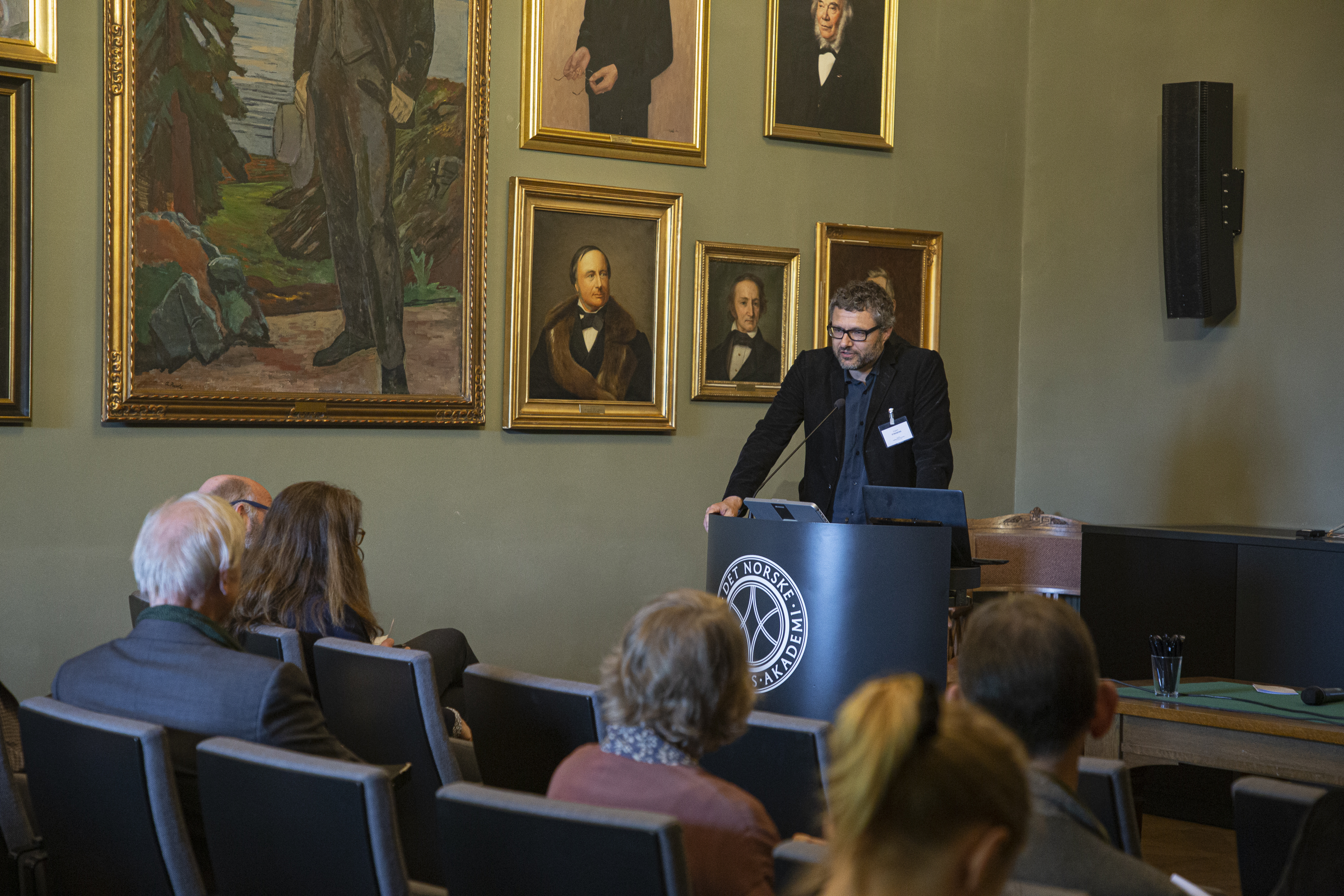Alumni Spotlight: Espen Ytreberg

Ytreberg led the CAS project In Sync: How Synchronisation and Mediation Produce Collective Times, Then and Now during the 2018/2019 academic year together with Helge Jordheim, professor of cultural history at UiO. It was a project about time and the idea that different forms of media play an important role in organising our different understandings of time.
‘In the simplest terms, being in sync is being coordinated in time,’ Ytreberg said. ‘It’s easy to see that we need such coordination in order to live together in societies, but it’s less obvious how we actually pull it off, particularly in complex, contemporary societies. We wanted to look closer at this, particularly the role of media in synchronisation.’
In April the project leaders published the article After supersynchronisation: How media synchronise the social, based on their CAS research project, in the peer-reviewed scholarly journal Time & Society.
We spoke with Ytreberg about the article and his stay at CAS.
Your article, a product of your CAS research, is now published. In the article, you argue that media play an important role in the production of shared synchronised time. Could you tell us about it?
This is an overview piece where Helge and I look at how different media have facilitated different forms of synchronisation throughout history. We also engage critically with scholars who talk about our contemporary moment as being dominated by one kind of temporality — for instance the collective fixation with the moment termed ‘presentism’ — in order to argue for synchronisation as more processual, incomplete and contested than that.
You also argue that the world needs synchronisation more than ever in order to tackle the issue of climate change. Why is synchronisation so important?
Climate change is perhaps the most obvious illustration, one we discuss in our article. Our short-term political and medial temporalities are way out of sync with long-term natural processes that are going the wrong way altogether. As a society we don't know how to sync up one with the other, and we have to find out.
In May, you were a guest on the American NPR podcast Invisibilia to talk about Norwegian slow TV. The TV concept was a huge success in Norway, but flopped when it was introduced in the US. What is the connection between your work on synchronisation at CAS and your contribution to this podcast?
Slow TV is about slow time. One might also say that much of it is about how to connect with the slower processes of our natural environments. As the climate change question illustrates at its most acute, we need to work on that.
What do you remember best from your time at CAS?
The discussions, the impulses and the people — both those we invited and our helpers at CAS.
What advice would you give a future CAS project leader?
Set aside time not only to gather the impulses but also to process them.